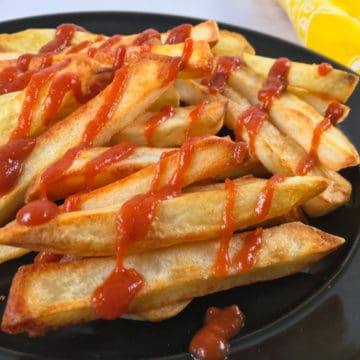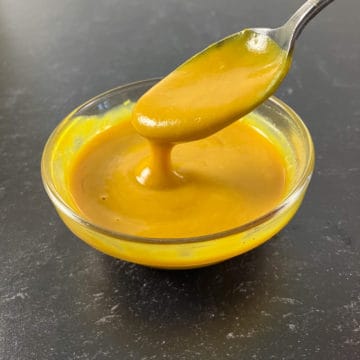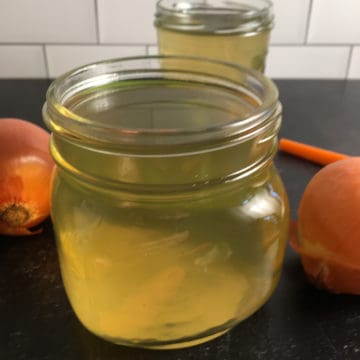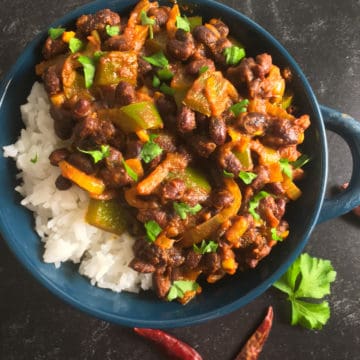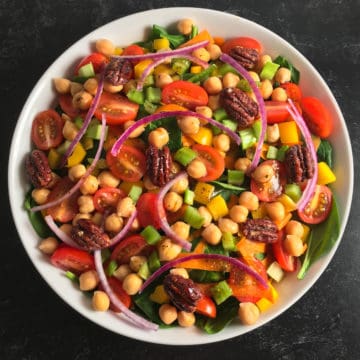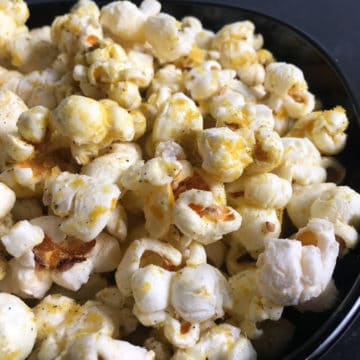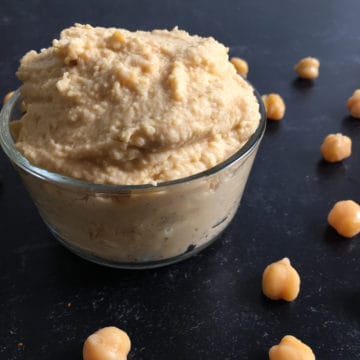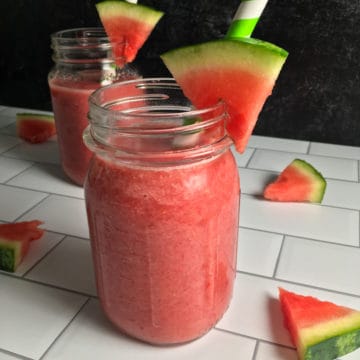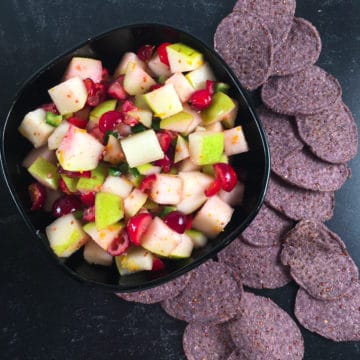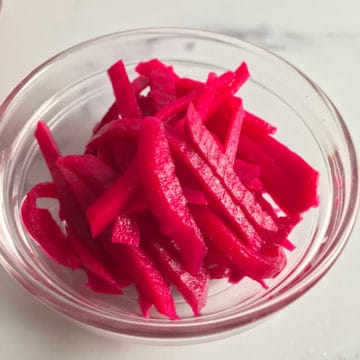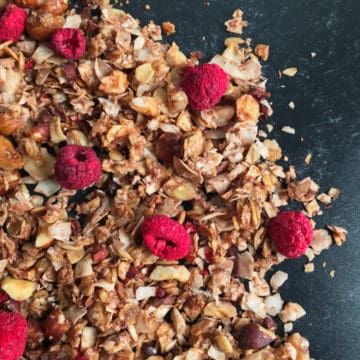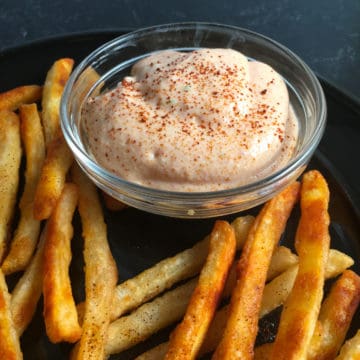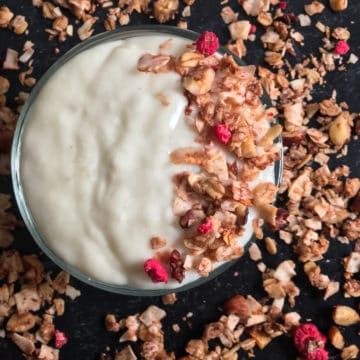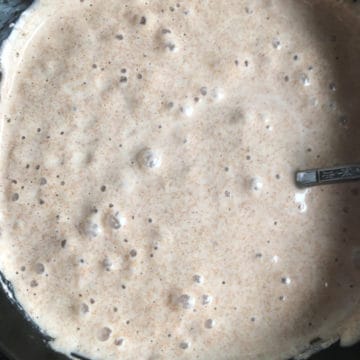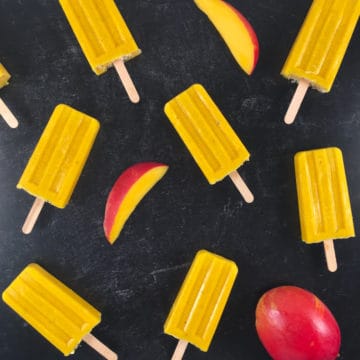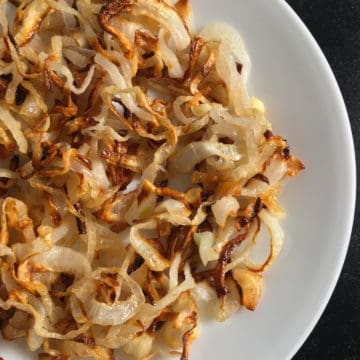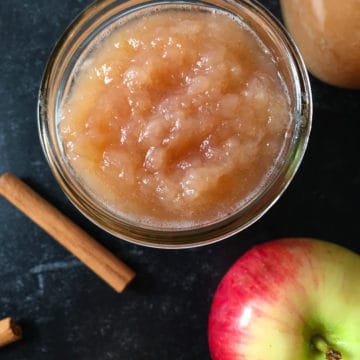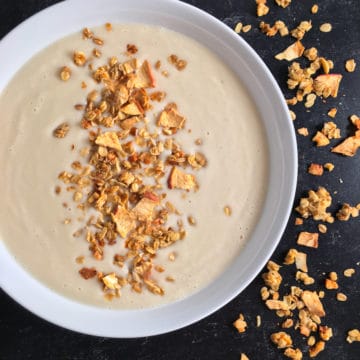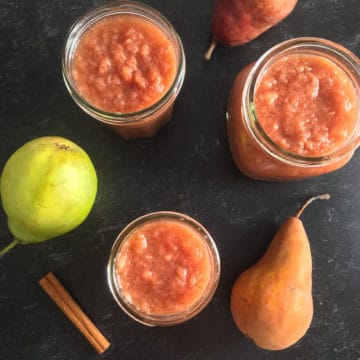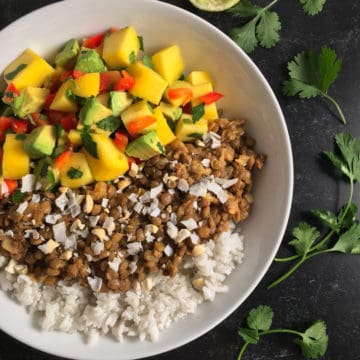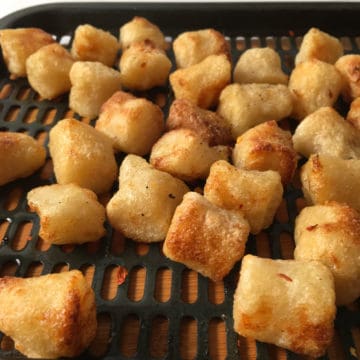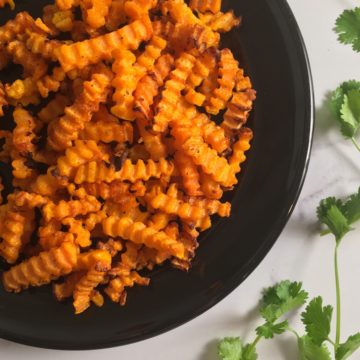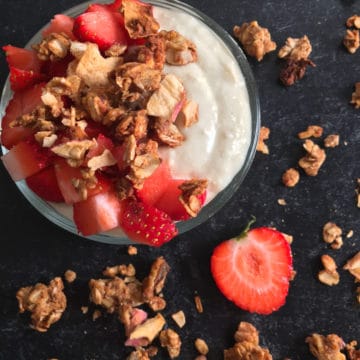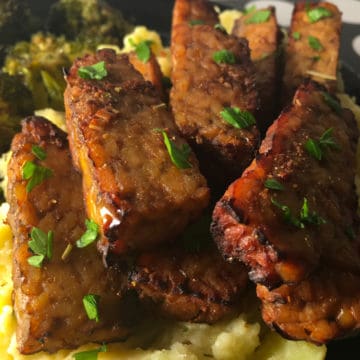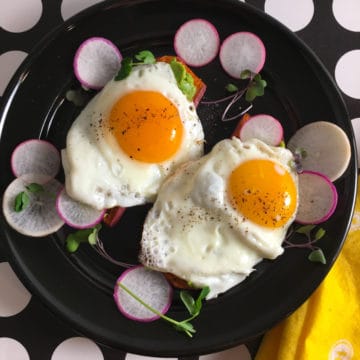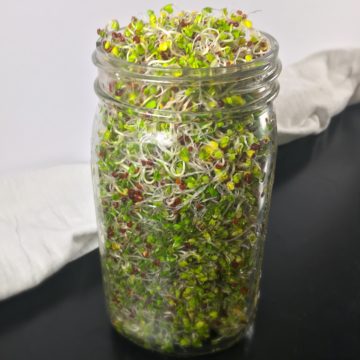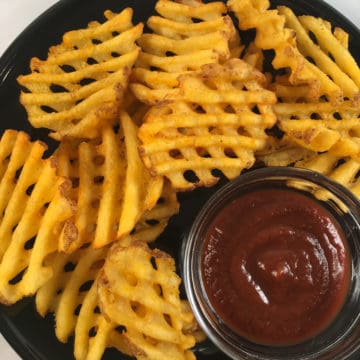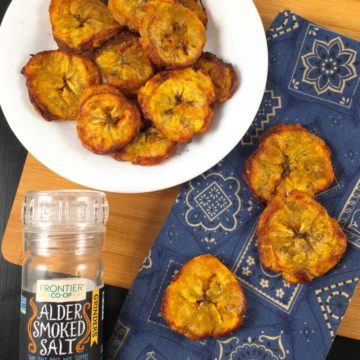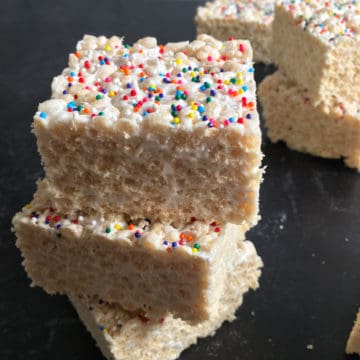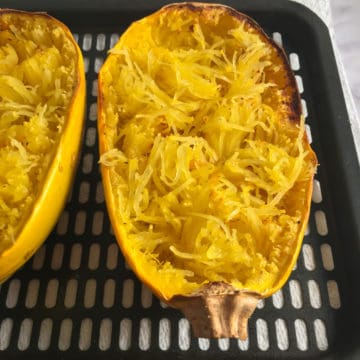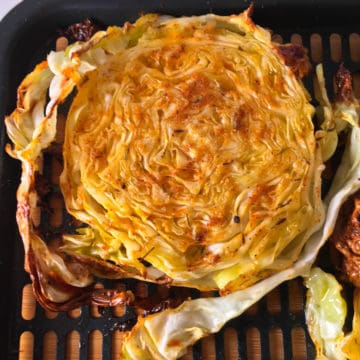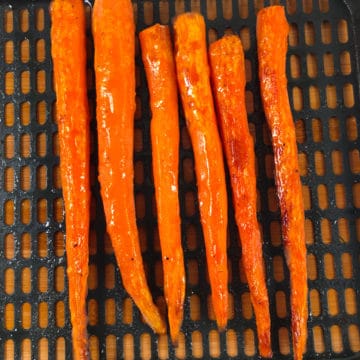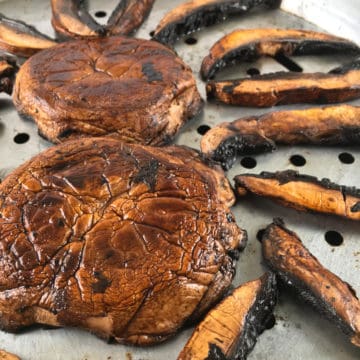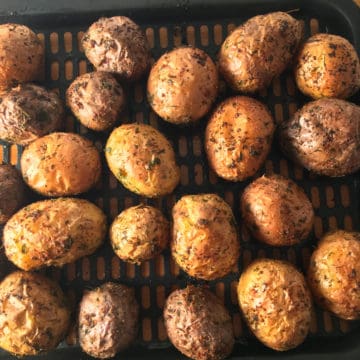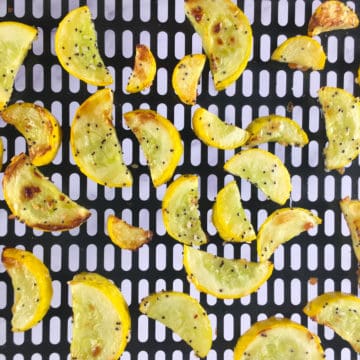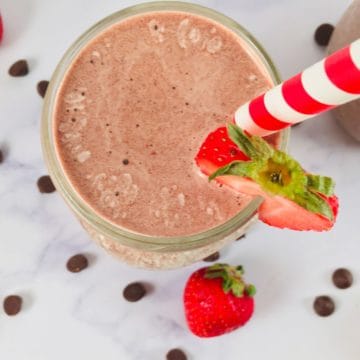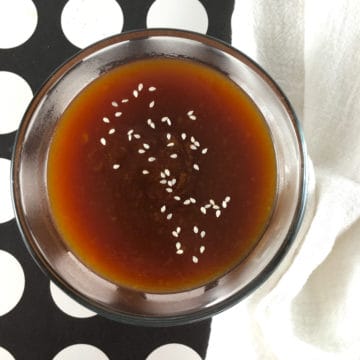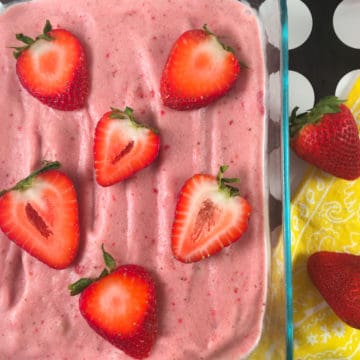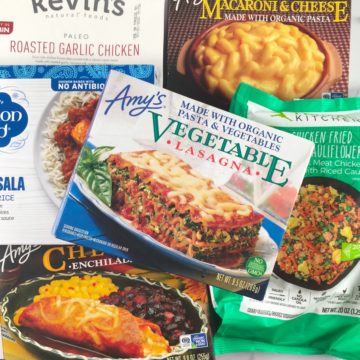Vegan Recipes
-
Air Fryer Frozen French Fries (Healthy Recipe with Calories, Nutrition Info)
-
Vegan Honey Mustard Recipe (Salad Dressing and Dipping Sauce)
-
Baby Vegetable Stock (Veggie Broth for Babies Recipe)
-
Black Bean Curry Recipe (Vegan, Gluten Free, Dairy Free)
-
Vegan Spinach Salad Recipe with Balsamic Salad Dressing
-
Ninja Foodi Popcorn Recipe
-
Chickpeas for Babies (Chickpea Puree Baby Food)
-
Watermelon and Banana Smoothie (Banana Watermelon Smoothie)
-
Low Calorie Salsa for Weight Loss (Easy Recipe!)
-
Lebanese Pickles Recipe (Middle Eastern Pink Pickled Turnips!)
-
High Calorie Granola for Weight Gain (Gluten Free, Vegan Recipe)
-
Vegan Chipotle Mayo Recipe (No Oil Spicy Vegan Mayonnaise)
-
Oat Milk Yogurt Recipe (How to Make Oat Yogurt)
-
Spelt Flour Sourdough Starter Recipe for Bread
-
High Calorie Popsicles (Mango Popsicles for Weight Gain)
-
Air Fryer Onions (Sauté, Crispy, or Caramelized!)
-
Homemade Unsweetened Applesauce Recipe – No Sugar Added!
-
Vegan Cauliflower Soup (Instant Pot, Dairy Free, Creamy!)
-
Applesauce Substitute (Substitute for Applesauce in Baking)
-
High Calorie Vegan Meals and Foods for Weight Gain
-
Trader Joe’s Cauliflower Gnocchi Air Fryer Recipe
-
Trader Joe’s Butternut Squash Zig Zags Air Fryer Recipe
-
Instant Pot Almond Milk Yogurt (Thick, Creamy Vegan Recipe)
-
Sugar Free Banana Popsicles (Vegan Ice Pops Recipe)
-
Marinated Tempeh (Air Fryer Recipe + VIDEO!)
-
Sweet Potato Toast Air Fryer Recipe (Gluten Free, Paleo, Whole30)
-
How to Grow Broccoli Sprouts (Sprouting Broccoli Seeds)
-
Waffle Fries in Air Fryer Recipe Time and Temp (Alexia, Ore-Ida)
-
Air Fryer Plantains (Maduros, Frozen, and Crispy Tostones Recipes!)
-
Dairy Free Rice Krispie Treats (Vegan Rice Crispy Treats)
-
What Temperature to Air Fry Spaghetti Squash? (Air Fryer)
-
Air Fryer Cabbage Steaks or Wedges (Recipe + VIDEO!)
-
Air Fryer Whole Carrots Recipe (Whole Carrots in Air Fryer)
-
Air Fryer Tofu Bowl (Keto Tofu Air Fryer Recipes)
-
Smoked Portobello Mushrooms (Recipe + VIDEO!)
-
Air Fryer Baby Potatoes (Recipe + VIDEO!)
-
Squash in Air Fryer without Breading Recipe (Yellow Squash)
-
Chocolate Strawberry Banana Smoothie (Recipe + VIDEO!)
-
3 Ingredient Stir Fry Sauce without Cornstarch Recipe
-
Strawberry Banana Nice Cream (Vegan, Plant Based Ice Cream)
-
Diet Lemonade Recipe (Sugar-Free, Keto Lemonade)
-
Ready Meals in Air Fryer (Can you cook ready meals in an air fryer?)


